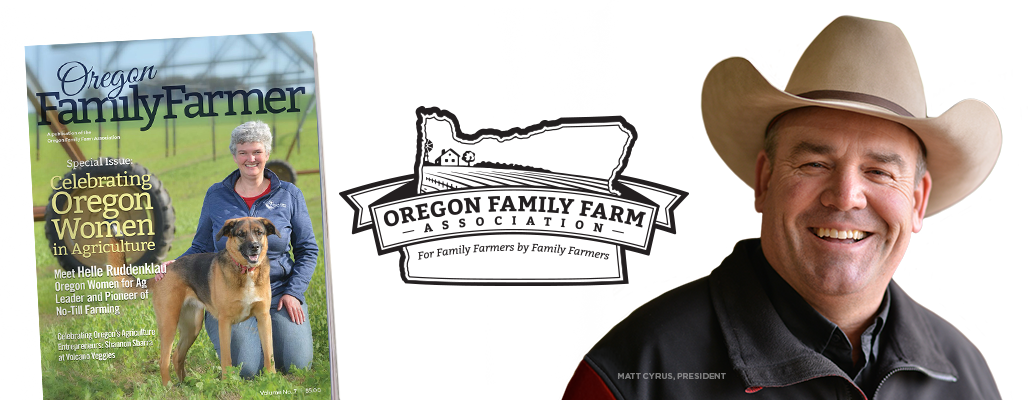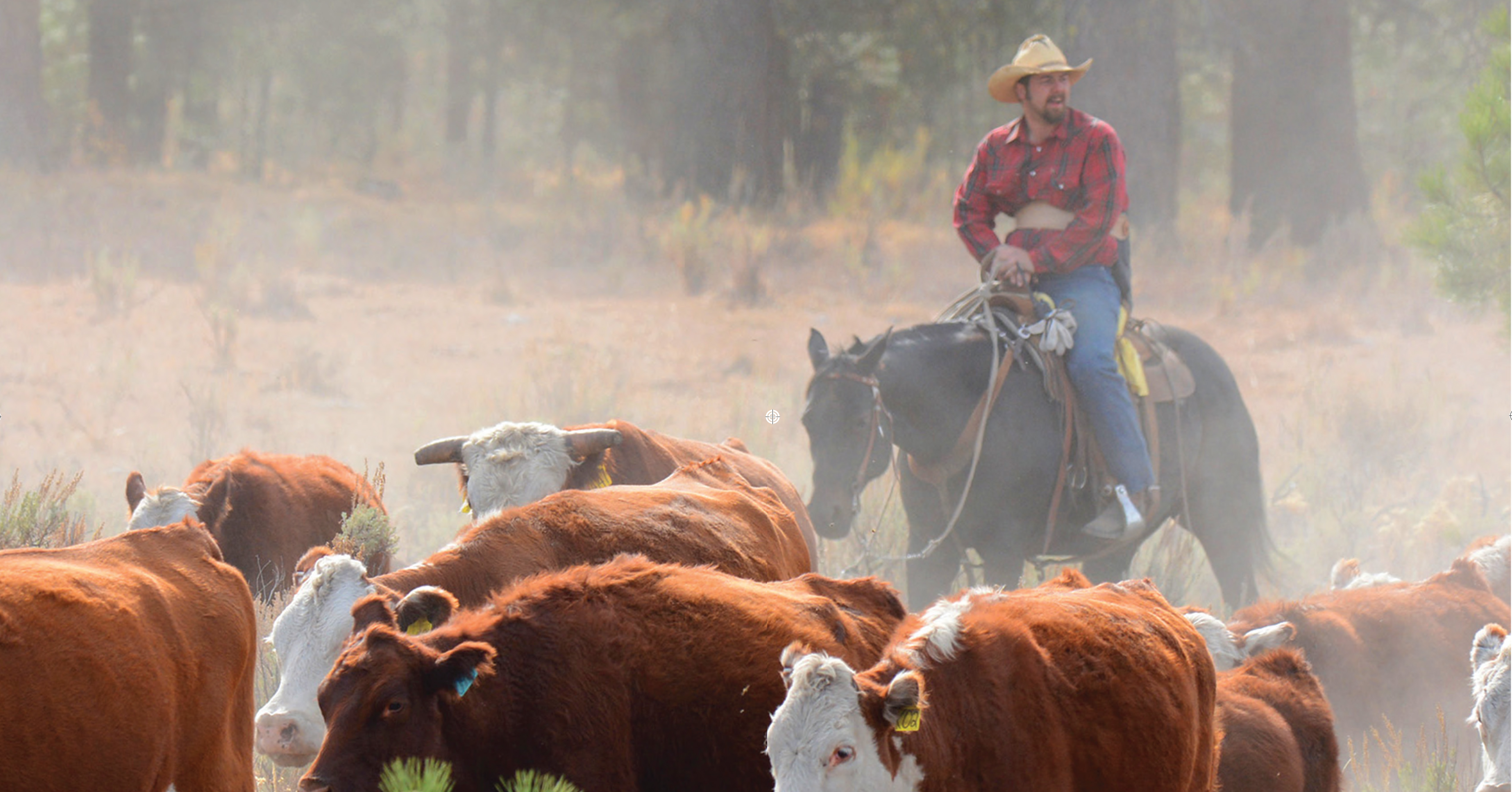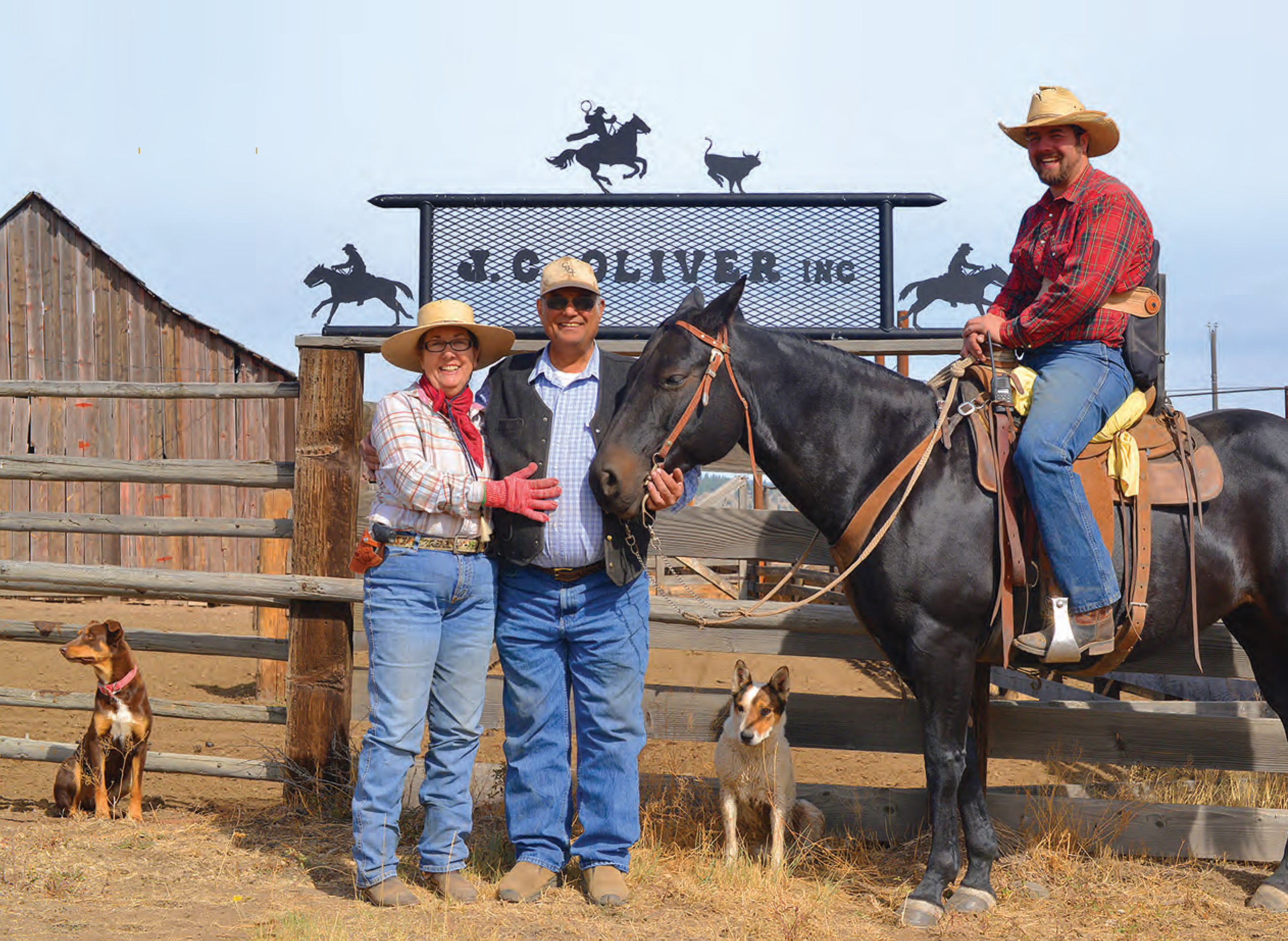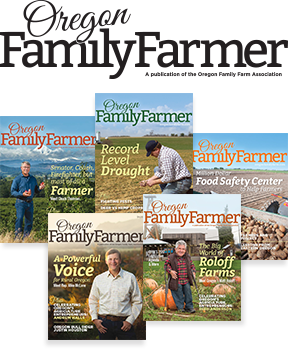WORDS : NAOMI INMAN & MITCH LIES
PHOTOS : LYNNPHOTO.COM
On a February morning at her Bear Valley home, Tinka Oliver puzzled at the whirring drone outside her kitchen window — tipping this way and that as if to wave.
Her son, Alec, had a new way of stopping by to say, “Hi mom!”
From that same kitchen window, on a dark July night in 2012, Tinka puzzled at the sight of Alec’s truck, stopped half a mile down the long gravel drive. It was an odd hour at night, and oddly positioned to the side of the bridge, headlights beaming into the evening mist.
After a strange stillness for nearly an hour, Tinka roused Alec’s dad, J.C., to go and check. Maybe Alec was fixing a fence or needed help with the horses.
When their headlights hit the scene, they first noticed an eerie scattering of litter around the bridge and broken pieces from the pickup — still upright on all four wheels. Their call to Alec yielded no response.
Then the shock. Alec’s torso hung, almost lifeless, out the open window of the driver’s door.
THE ONE TO WATCH
Today’s wet and mild temperature has delivered a welcome payload of rain, making the approach to Alec’s double-wide home an unusually muddy slog for this time of year. Alec greets us from his porch, remote in hand, flying his DJI Mavic Pro drone — the one he uses to wave “Hi” to mom and check on the 13,000 acres of deeded ranchland that make up this historic Oliver Ranch.
His trim black beard and penetrating blue eyes frame a wide and welcoming smile. Thick, black waves of hair, hint at his Portuguese heritage. Broad shoulders and powerful arms hint at the double-duty required of them for every facet of life.
“I can sit here and fly out back in five minutes to check on the herd,” Alec nods as he tips the screen to show Oregon Family Farmer photographer, Lynn Howlett.
From his porch, he points to the bridge where, after a night of drinking at a fundraiser in Seneca, he rolled his pickup off the bridge and everything in his life changed. In the accident, Alec’s leg got hung up in the gear shift while his torso shot out the driver’s window, stretching his spinal column like a bungee cord and breaking his back. The injury paralyzed him from the sternum down, below the T7 vertebrae.
While the accident took the use of his legs, Alec’s will and determination run circles around obstacles that often daunt others. Just six years since the accident, at 29 years old and a paraplegic, Alec seized the reigns of leadership in his industry that few would be eager to assume at any age or physical ability.
In this sunny Eastern Oregon valley near Seneca, he leads the local ranching community as President of the 60-member Grant County Stock Growers Association. He is committee chairman for the Oregon Cattleman’s Association Young Cattleman’s Committee, and Alec directs the marketing arm of Country Natural Beef (CNB) as a full-time employee.
For future cattle ranchers of Oregon, Alec Oliver is the one to watch.
DON’T BE A QUITTER
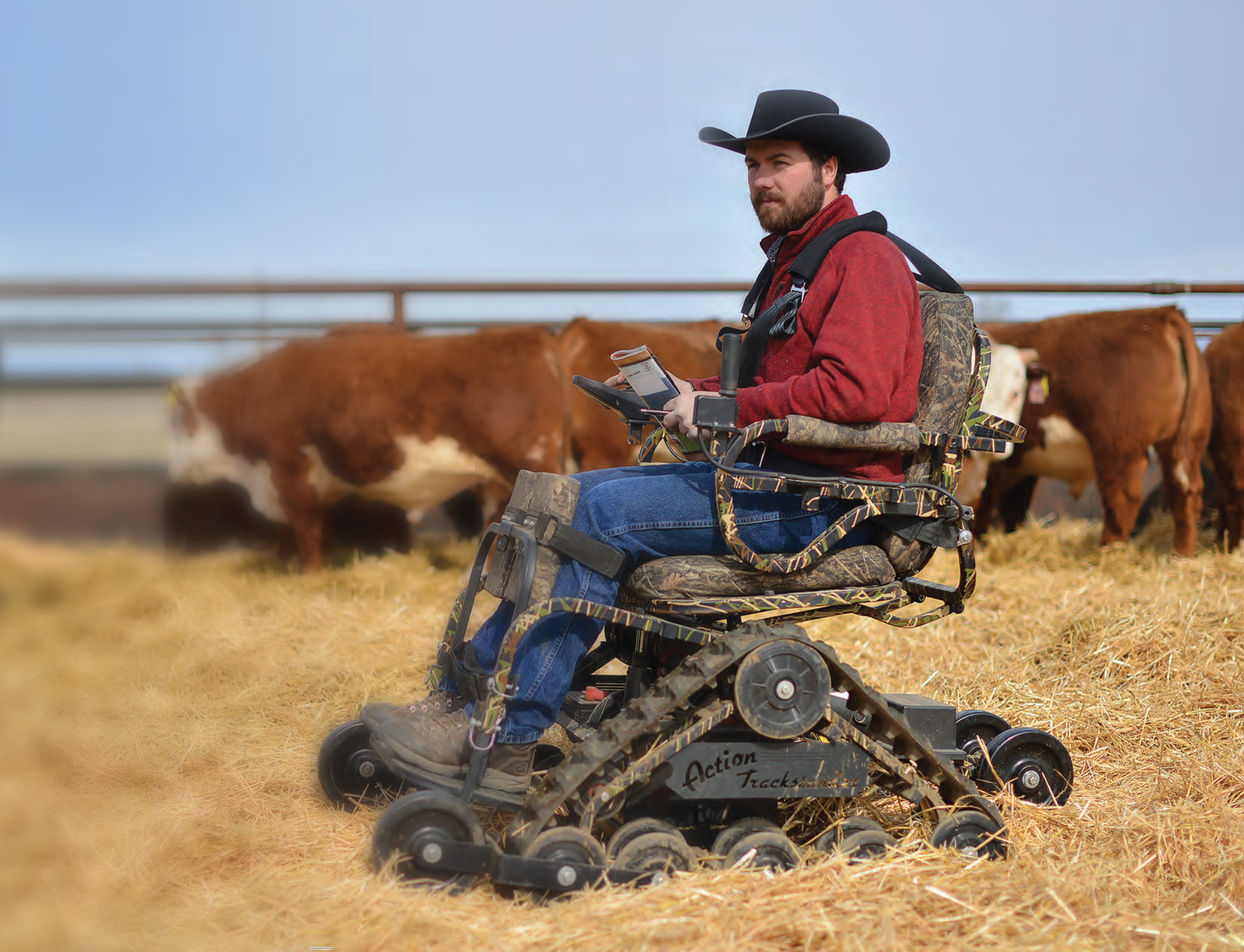 Life in the saddle—riding, roping and branding—had been a way of life for Alec since he was a young boy. “I began helping dad with the cows when I was four,” he remembers. “By about 10 or 12 I started branding and roping with the crew.”
Life in the saddle—riding, roping and branding—had been a way of life for Alec since he was a young boy. “I began helping dad with the cows when I was four,” he remembers. “By about 10 or 12 I started branding and roping with the crew.”
“The main thing for me as a kid, I just liked working with animals. It’s already in your blood. You don’t really think about it. This [pointing outside] it’s just like breathing or swimming, or whatever.”
The challenge of riding and roping again, without muscle strength below the sternum, seemed almost inconsequential to his stubborn will to ride.
“When did you first think, ‘I can do this!’,” I asked.
In a split second, he shot back reflexively, “I never thought I couldn’t.”
Our visit is taking up good daylight hours on a workday, and Alec is ready to saddle his quarter horse, Penelope, a high school graduation gift from his parents. His dogs, Alice and Rocket, hover like shadows, anticipating Alec’s every move as he shifts his body to the outdoor wheelchair and heads out the mudroom towards his pickup and the barn.
His pickup includes a lift that helps Oliver work the ranch without the use of his legs. The lift, developed by Life Essentials of Brookston, Indiana, revolutionized Oliver’s ability to ranch.
“It will take me out of the driver seat and set me into a tractor. It will set me onto a horse. It is the most useful thing I have on the ranch to help me do things,” he says.
“I can’t do everything I did before the accident, but I can still ride,” he adds. “I have my Ranger side-by-side fixed up, and I can do almost anything in that, from tagging calves to fixing fence to checking and monitoring water and moving cattle.”
Last year, his father, J.C. Oliver III, lost a long health battle at the age of 67; effectively passing the ranch, and its legacy, to Alec and his mom, Tinka. J.C. held so many leadership positions and awards in this ranching community that his Driskill Chapel memorial notice reads like a resume of achievements.
“Alec took on a lot of responsibility early,” says Tinka. “Even as a teen, he was dedicated to getting up early, getting to school and practice early. He was always responsible.”
“J.C. always tried to impress on the kids, ‘If you sign up for something don’t be a quitter. You committed, you do it!’” Tinka continues. “And I think it worked pretty good because I’ve never seen Alec quit something. It might not be the way he liked it — but he stayed with it.”
COLLEGE PREP
“When Dad was alive, I ran everything by him,” Alec says. “Now, Mom and I will talk about where I see things going, but I do the planning and the oversight.”
Alec’s degree from the University of Idaho in Animal Science and Agribusiness (May 2011) proved invaluable to his position at CNB.
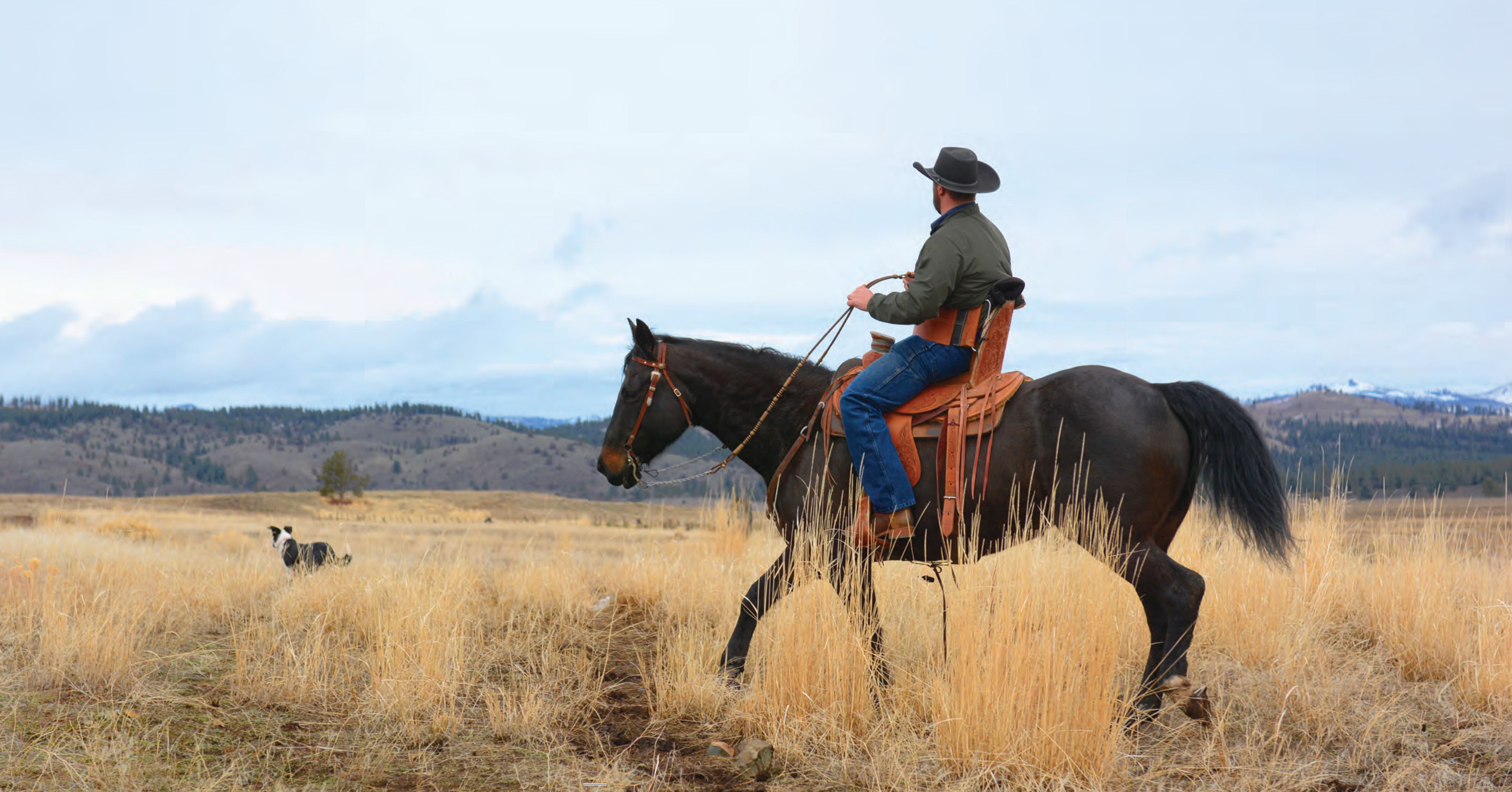 “This job is exactly why I went to college, although I didn’t know it at the time,” he says.
“This job is exactly why I went to college, although I didn’t know it at the time,” he says.
Sitting in the Country Natural Beef office in Burns, Oliver says adapting to an office job off the ranch was difficult.
“It was tough,” he says. “The first day I drove away from home to come here, it was extremely challenging. I had never gone to work off the ranch, so to rely on somebody else to give me a paycheck and go to work for somebody else instead of myself was a big change.”
Today, he finds the job rewarding on several levels. “I owe a lot to this job,” he says. “My first six months here I learned more than I did in four years of college. The education and learning curve was incredible. Everything I do at this job makes me a better rancher.”
The job also enables Alec to increase his herd size faster, his primary goal since leaving college. And he enjoys working with other ranchers.
“I have a lot of opportunity here,” Alec says of the future. “In many operations around here, there’s not a next generation interested in operating a ranch.”
“Yet, there’s a lot of opportunities for ranchers to help teach the rest of the world about the good things that are happening. We’re learning how to deal with anadromous fish, with endangered species, with water and air quality issues and predators. There’s a big opportunity to show what changes we’ve implemented, and how we’ve changed what grandpa did to keep up in today’s world.”
Spend a little time talking to Alec about ranching, and you’ll see. Alec is clearly a leader. Clearly a visionary, a long-range thinker, and a strategic planner. “I think proper stewardship and forward thinking has to become apparent between future generations and ranchers,” he concludes.
ROAD TO RECOVERY
Alec’s path to where he is today had an inauspicious start as he lay in a gurney at Craig Hospital in Denver, Colorado (a specialty rehab for people with spinal cord and brain injuries). Unable to move his legs, he remembers the emotions of that first day.
“I wasn’t even checked into my room yet, and out of the corner of my eye, I saw a guy go by in a wheelchair, and that was pretty tough,” he says. “I was like, ‘Well, that’s me. That’s who I’m going to be forever.’ And it knocked me hard until I started wheeling around the rehab center and seeing people with such terrible injuries… they needed a respirator just for their lungs to work.”
“After seeing that, and knowing I had full utilization of my own lungs, my own arms and my mind, it helped raise my spirits a little,” he says.
Still, he says there were moments, plenty of them, during a one-month stint in the Denver rehab when he fought to keep his spirits up.
“I asked a lot of God,” he says, “and He helped me a lot. I asked for a lot of strength at times.”
Alec also found inspiration in others going through rehab.
“In rehab, you become part of a team who supports and encourages one another, and even competes against each other to get better,” he says.
“That helped a lot, and it created some great relationships.” A visit from neighboring rancher Mike Bentz also spurred Alec to hold on to his dream of continuing at the family ranch.
“His words were, ‘You don’t need a body to ranch, you just need a mind’,” Alec says. “You can always hire somebody to do the work. As long as you’ve got the vision and the drive, and the goal and the knowledge of how to get there, you can tell somebody how to do it.”
“That helped a lot. That was great motivation.”
 After returning home, he adjusted to a new reality, full of limitations. “It was hard,” he says of those first weeks home from rehab. “I sat there for two weeks getting acclimated to what I couldn’t do. But you can only sit there for so long before going stir crazy and you figure out how to do things.”
After returning home, he adjusted to a new reality, full of limitations. “It was hard,” he says of those first weeks home from rehab. “I sat there for two weeks getting acclimated to what I couldn’t do. But you can only sit there for so long before going stir crazy and you figure out how to do things.”
Within a month, Alec was back in his own place. In December, five months removed from his accident, he fielded a call from Stacy Davies of Country Natural Beef (CNB), a cooperative of 80 ranches that markets branded beef throughout the Western United States.
“He called and asked me if I wanted a job,” Alec says. “I kind of laughed and said, ‘No, I don’t want a job, but I need a paycheck,’ because I had quit collecting a paycheck from the ranch.” By February of 2013, seven months after his accident, Alec was working full time at CNB. By May, he was back in the saddle, roping calves with a branding crew. A bucket on the tractor served as his first homemade “lift” into the saddle.
Today, Alec’s day starts at 6 o’clock a.m. with a CNB conference call. He meets with his ranch crew at 7 o’clock, “and I just keep rolling from there,” he says.
His foreman, Jake, does most of the physical labor and handles most of the day-to-day work.
“We meet every morning and make a plan for the day and the week and talk strategy,” Alec says. His mom pays the bills, handles a lot of the ranch’s bookwork, and helps in management decisions.
A PICTURE OF HOME
The Oliver Ranch looks like a lot of Eastern Oregon spreads. A stand of timber borders two sides of the fifth-generation operation, Hereford and Red Angus cattle graze in meadows and horses roam on 13,000 deeded acres — the storied legacy of his great, great grandfather, Joseph Cayton Oliver — a stowaway to Oregon from Portugal’s Azores Islands in 1866.
More than 160 years later, evidence abounds of the Oliver family’s deep roots in their community. Since the earliest days and weeks after the accident, local ranchers continue to show an outpouring of support for Alec and his family.
Just three months after the accident, they held a community fundraiser in Seneca, raising $60,000 to help Alec with the necessary adaptive equipment to stay mobile on the ranch, including a neuro-stimulating exercise bike, truck lift, and track chair that can tackle most any terrain.
Last June, the ranching community surprised him for his birthday with a highly trained border collie named Alice. “I don’t get surprised at much, but that surprised me,” he says.
“I rely a lot on my dogs and the people and animals around me to get things done,” he says. “It’s important for me not only to have well-trained horses and dogs, but well-minded horses and dogs, and I was really fortunate that Robin Brown, along with the Johnsons and other ranchers of CNB, gave me that fully trained dog. I had some dogs already, but not one of this quality. It has been a huge help.”
Alec hopes one day to walk again, something his doctor says is a distinct possibility. He trains every day, riding the stationary bike especially designed to stimulate his muscles and maintain bone density.
“It will be good,” he says of the moment he first walks. “I’m excited for it. It will be a pretty big shock for a lot of people.”
When that day comes, only the external props will change. This undaunted cowboy exudes strength and determination, a keen mind, administrative talent and the technical and marketing savvy so necessary for a new generation of ranchers.
His commitment to the ranching community and achieving success are already in high gear. When Alec walks one day, his legs will be challenged again — to catch up to his spirit.
I ask if he knows how he inspires people. Tinka pipes up, “People in town admire how he carries on. To show that ‘Look, you can still accomplish so many things in life.’”
“It’s good to hear,” Alec says reservedly. “Hopefully it results in inspiring somebody to push themselves further than they think they can go.” Alec mounts his horse, looking the picture of strength and determination. His talent and skills, roping and riding on a horse, surpass many able-bodied cowboys. He’s in his element, “just like breathing,” he says.
I ask, where else might he picture himself in the future? Again, his reflexive response says it all. “Right here,” he says, “This is the only picture I have really. This is home.”
